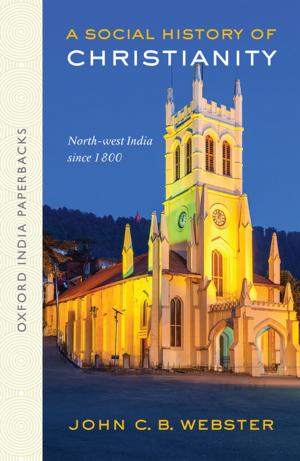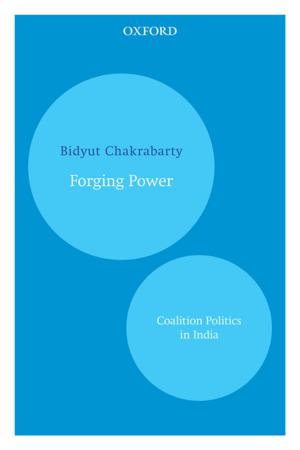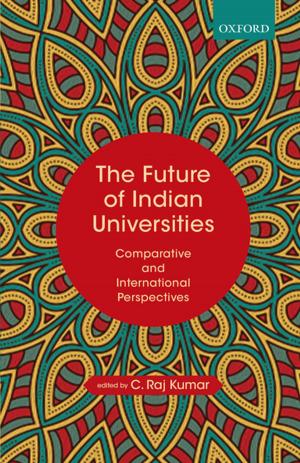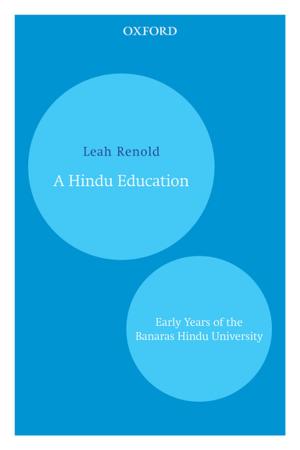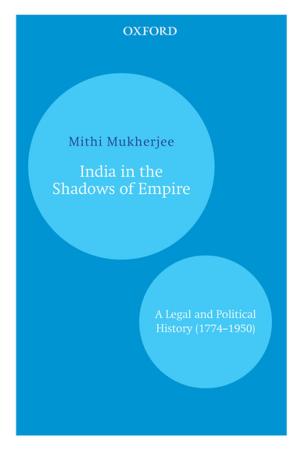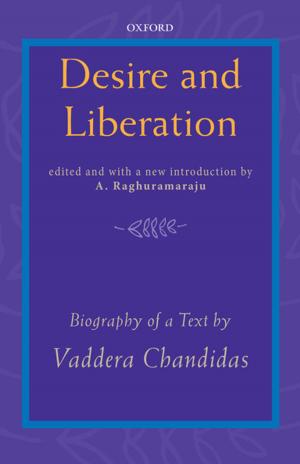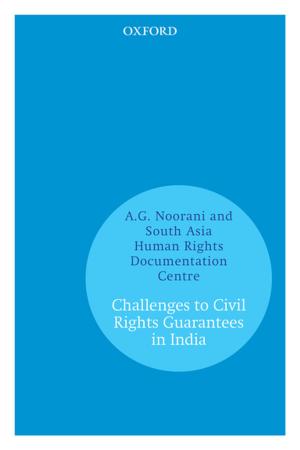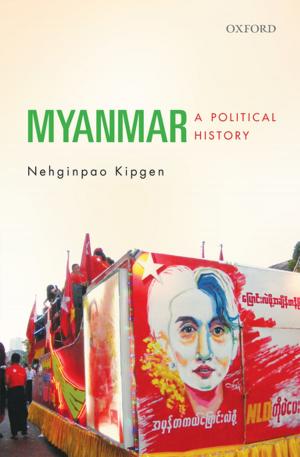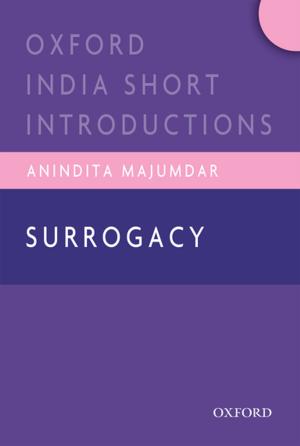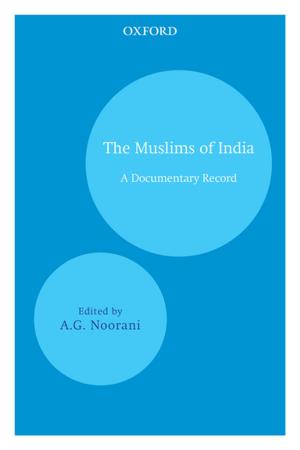Family Law
Volume 1: Family Laws and Constitutional Claims
Nonfiction, Reference & Language, Law, Comparative, Family Law, Legal History| Author: | Flavia Agnes | ISBN: | 9780199088263 |
| Publisher: | OUP India | Publication: | January 5, 2011 |
| Imprint: | OUP India | Language: | English |
| Author: | Flavia Agnes |
| ISBN: | 9780199088263 |
| Publisher: | OUP India |
| Publication: | January 5, 2011 |
| Imprint: | OUP India |
| Language: | English |
Family law in India has a complex legal structure where different religious communities are guided by their own personal laws, each of which historically evolved under various social, religious, political, and legal influences. In two comprehensive and lucid volumes, Flavia Agnes, a leading activist and advocate in the area, examines family law in the light of social realities, contemporary rights discourse, and the idea of justice. What is unique in these volumes is that the ground level litigation practices around women's rights are interwoven with the critical analyses of the statutory provisions. Relying extensively upon case law, Volume 1 examines: the evolution of the personal laws of Hindus, Muslims, Christians, Parsis, and Jews during the colonial and postcolonial periods; how these laws are applied in contemporary questions of marriage, divorce, property rights, and succession; and whether it is possible to bring the law in conformity with modern changes through and in both the formal, and statutory law and the pluralistic and fluid community-based practices. It also extensively examines the role of the judiciary, the political and academic debates around the issue of uniform civil code, and women's citizenship claims in a stratified and hierarchical social order.
Family law in India has a complex legal structure where different religious communities are guided by their own personal laws, each of which historically evolved under various social, religious, political, and legal influences. In two comprehensive and lucid volumes, Flavia Agnes, a leading activist and advocate in the area, examines family law in the light of social realities, contemporary rights discourse, and the idea of justice. What is unique in these volumes is that the ground level litigation practices around women's rights are interwoven with the critical analyses of the statutory provisions. Relying extensively upon case law, Volume 1 examines: the evolution of the personal laws of Hindus, Muslims, Christians, Parsis, and Jews during the colonial and postcolonial periods; how these laws are applied in contemporary questions of marriage, divorce, property rights, and succession; and whether it is possible to bring the law in conformity with modern changes through and in both the formal, and statutory law and the pluralistic and fluid community-based practices. It also extensively examines the role of the judiciary, the political and academic debates around the issue of uniform civil code, and women's citizenship claims in a stratified and hierarchical social order.

